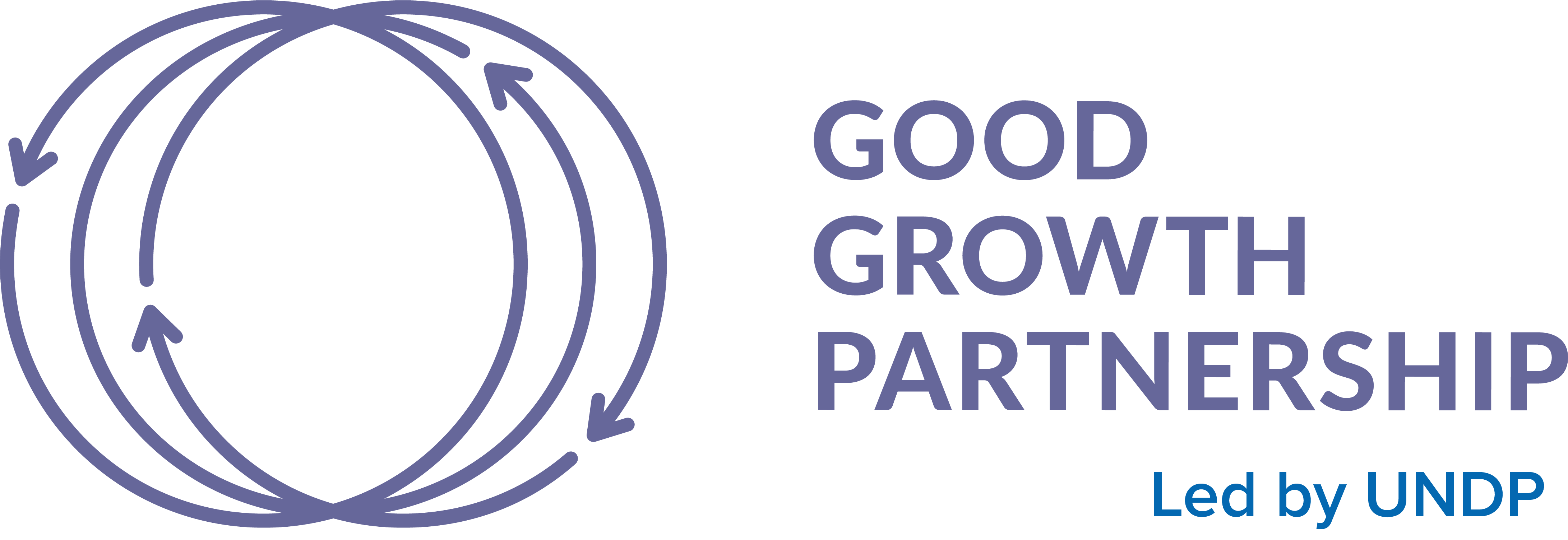Women farmers are more exposed than men to climate variability and extremes, due to their limited entitlements and assets, and the
restricted access to the social and natural resources required for adaptation and resilience building. In some communities it is only men
who hold the right to cultivate certain crops or to access markets. As a result of extreme climate events and climate-related disasters,
women often experience additional duties as laborers and caregivers as a consequence, for example, of male out-migration. As primary
caregivers and providers of food, water and fuel, women need to work harder to feed and care for their families without support. Moreover,
they have reduced food intake, adverse health outcomes due to displacement and, in some cases, increasing incidences of gender-based
violence within the household owing to greater tension, loss and grief, and disrupted safety nets.
Learn more here.







